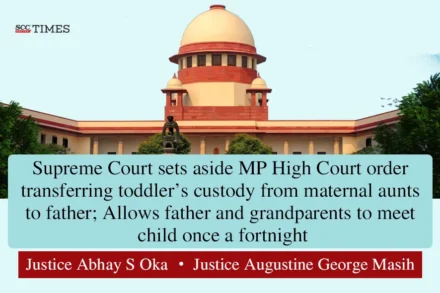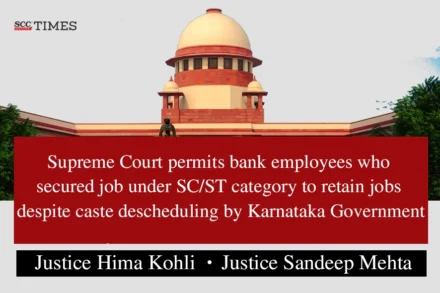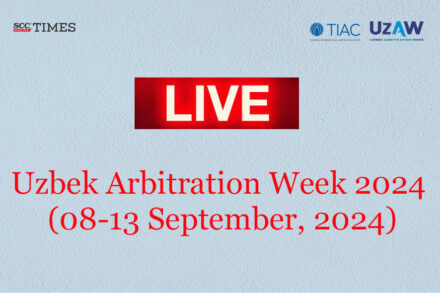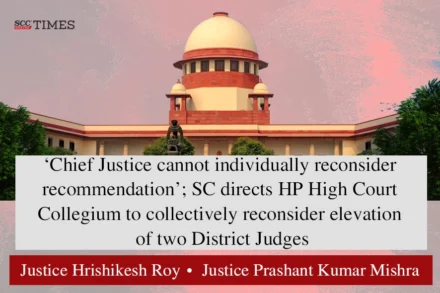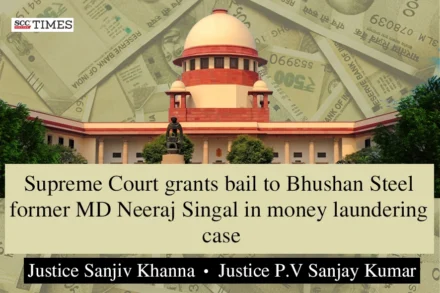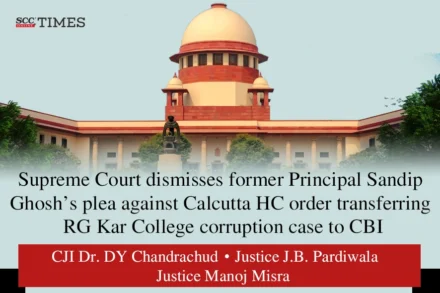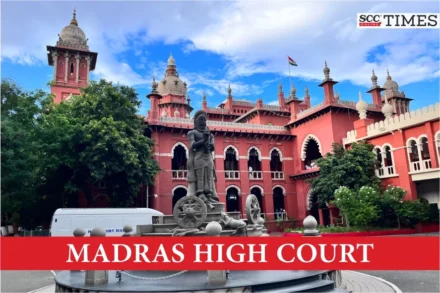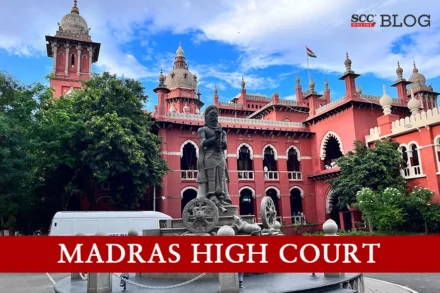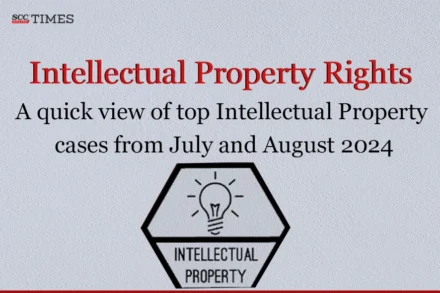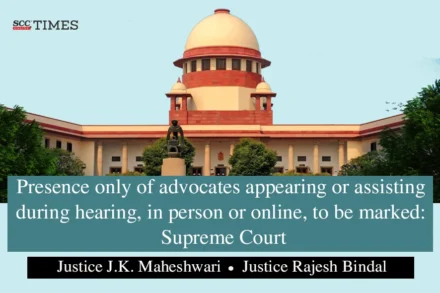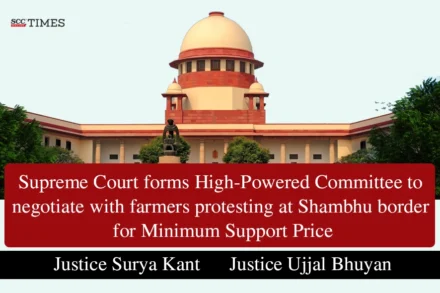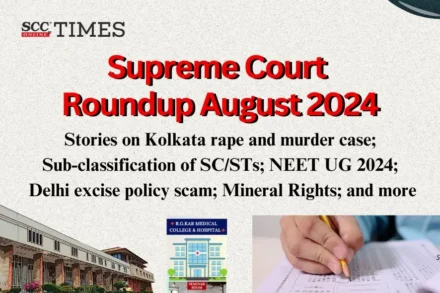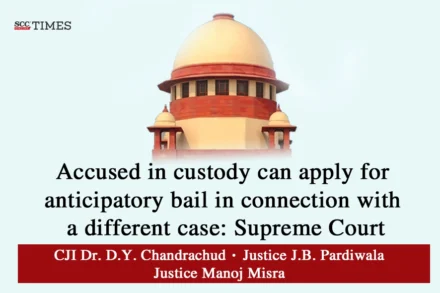
Accused in custody can apply for anticipatory bail in connection with a different case: Supreme Court
“When procedural law doesn’t preclude the investigating agency from arresting a person in relation to a different offence while he is already under custody in some previous offence, the accused too cannot be precluded of his statutory right to apply for anticipatory bail only on the ground that he is in custody in relation to a different offence.”
Continue reading


